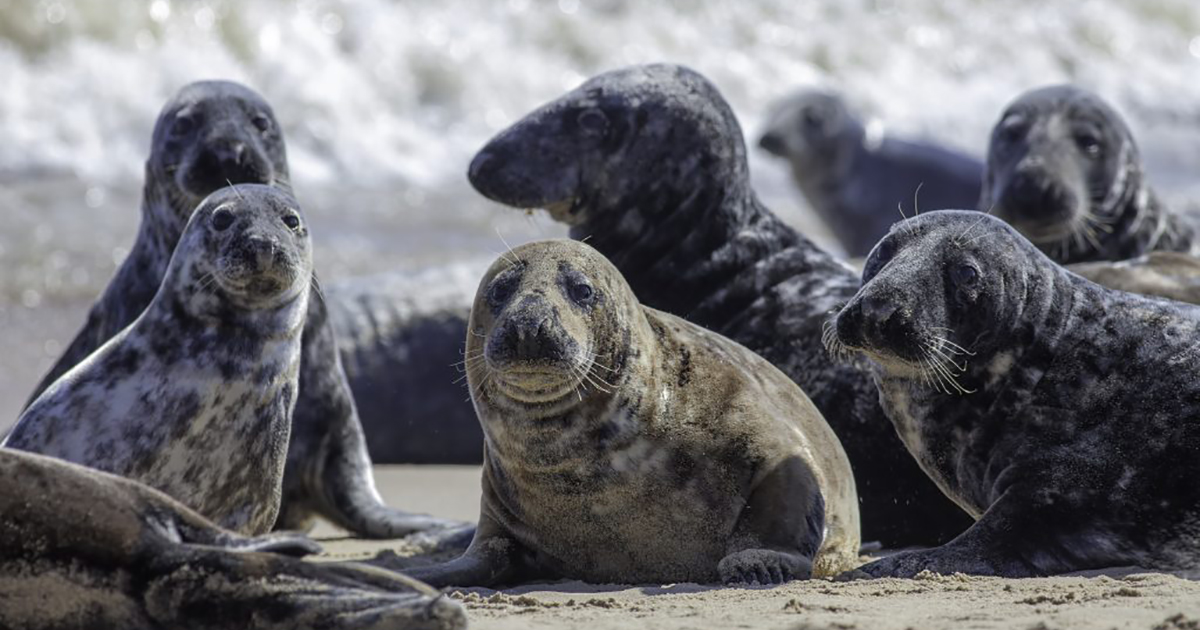The recovery of seal populations all over the world has led to concerns over how their interaction with fisheries will affect fish stocks now and in the future. However, a new study published this month in Ambio and led by scientists at Stockholm University has shown that in fact human-driven influences such as climate change and fishing are the main culprit in declining the stocks of Baltic cod, herring and sprat.
The researchers decided to focus on the Baltic Sea, one of the largest brackish water bodies on earth and home to numerous marine mammals including an abundance of grey seals. The Baltic is an important global fishery along with other Northern Atlantic territories such as the Barents Sea. Landings of herring, cod and other pelagic fishes reached a peak during the mid-1970s. Since then, studies have begun to show that the stock levels of such species have started to decline to half of the numbers recorded during the 1970s, leading to new research with the aim to understand the underlying cause.
Using computer modeling, the team simulated the effects of both environmental change and seal populations on the fish stocks of the Barents Sea up to 2098. They discovered that high-temperature scenarios would affect cod the most and possibly lead to an increase in hypoxia within the water and an increase in fish mortality as a result. Furthermore, high nutrients being flushed into the Baltic combined with this temperature increase would lead to harmful bacterial blooms that would lower the food quality available and reduce the size that fish can grow to.
"We need to start to focus on the main problem that the Baltic is facing for its fish populations -- which is, for example, climate change and eutrophication. We need to find ways to both secure the revenues of the fishers and guarantee the conservation of the fish stock and good status of the grey seal population," says Monika Winder, a professor at the Department of Ecology, Environment and Plant Sciences, Stockholm University.
Unfortunately, their model cannot accommodate the effects of predation and the environment on freshwater fish stocks due to the ecological and oceanographic differences between the open sea and the coastal areas. The researchers finished by saying how they would like their research to be used in the future:
"We want our insights to affect management and conservation that considers the whole ecosystem and multiple pressures, not only the direct biological interaction between fisheries and seal. Often debates about the impact of seals arise from a poor understanding of the complexity of predator-prey interactions," says Monika Winder.
By Ellis Moloney
Costalago, D., Bauer, B., Tomczak, M., Lundström, K., & Winder, M. (2018). The necessity of a holistic approach when managing marine mammal–fisheries interactions: Environment and fisheries impact are stronger than seal predation. Ambio. doi: 10.1007/s13280-018-1131-y
This is a contribution to the BONUS BIO-C3 project and was supported by BONUS (Art 185), funded jointly by the EU and the Swedish Research Council FORMAS. BB received funding from MareFrame project (Co-creating Ecosystem-based Fisheries Management Solutions)—EU 7th FP under Grant agreement no. 613571.



